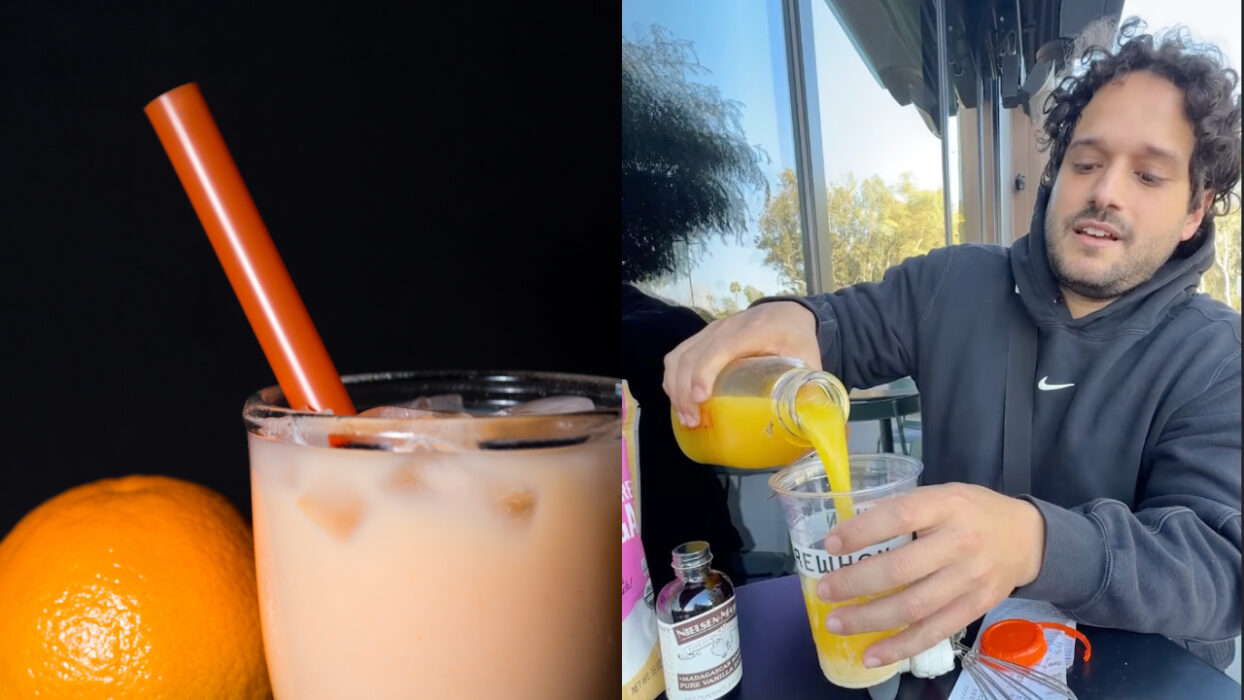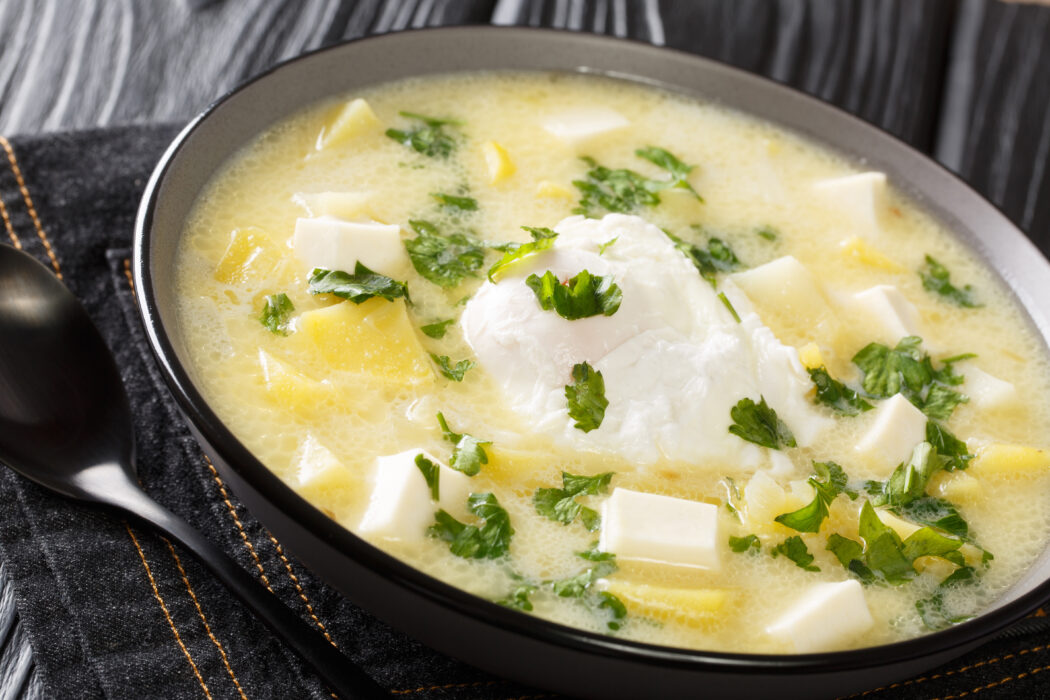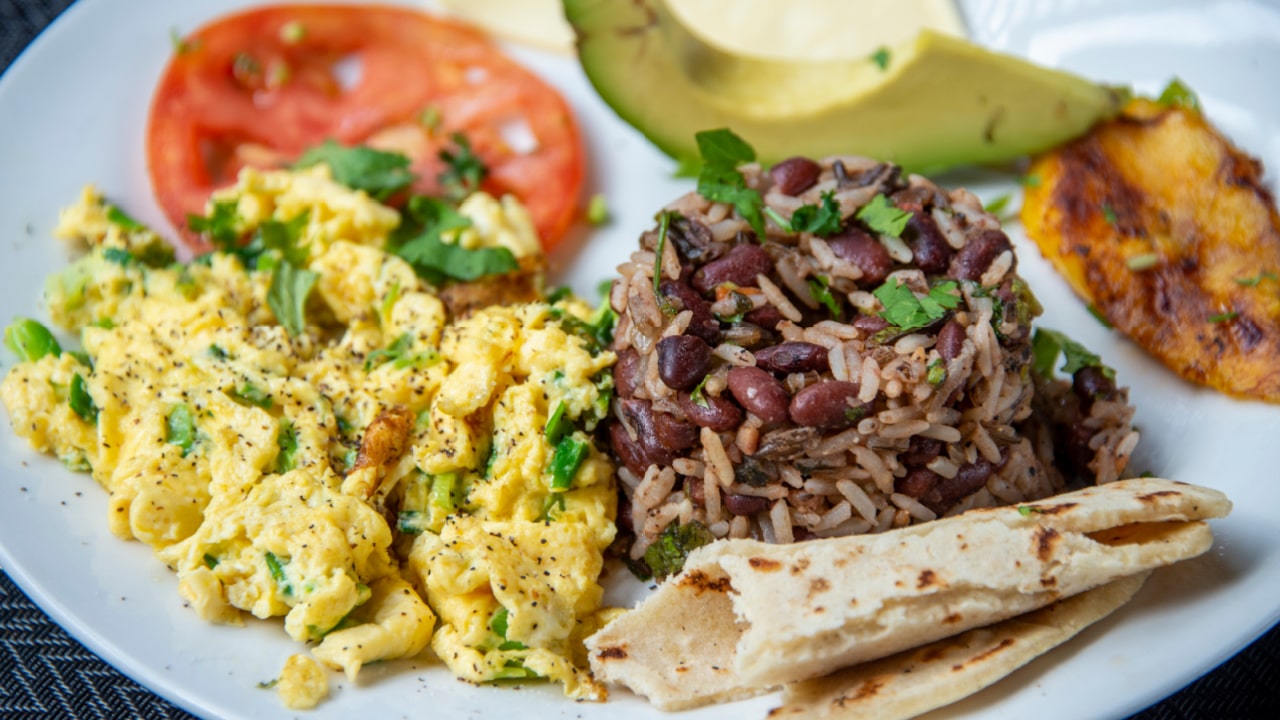
VCHOS Food Truck Is Putting El Salvadorian Food on the Map — Serving Up Much More Than Pupusas
We grew up with comida en la casa, but we also want to support those who make us comida en la calle. That’s why this Latinx Heritage Month, mitú has partnered with El Jimador to spotlight small business owners to aid the Latino Community Foundation. Juntos, we build on our efforts to foster inclusivity and amplify Latinx voices.
Wendy Centeno, the brains and brawn behind VCHOS Food Truck, says that El Salvadorian food is not spicy, simply flavorful.
Despite their proximity to their fiery Central American neighbor, Mexico, Salvadorian cuisine draws upon the savory and aromatic qualities of vegetables like onions, garlic, tomatoes, and bell peppers to create their delicious and unique sazón. Although they use these ingredients as the base for everything from beans to meat dishes, Centeno notes that making Salvadorian cuisine is very labor intensive.
“Our food takes a lot of work, there are a lot of steps. El Salvadorian people are really hard working, and we show that in our cuisine as well,” she told mitú. Thankfully, the hard work certainly seems to be paying off considering that VCHOS opened up a brick-and-mortar location in 2021.
“It’s been a new challenge for us,” Centeno stated. “We’ve been mobile for so long, so opening up a brick and mortar is different, but we’re doing it!” Consistency is key, so they’ve developed a system that assures that the food you eat at the food truck is exactly the same as the food you eat at the restaurant.
The all-female staff make every dish from scratch, starting with their popular pupusas. However, there is another item on the menu that Centeno says is a must-have.
“We’re known for our pupusas, but what we’re bringing to the table that’s really different from anything I’ve seen is our yuca con chicharrones, which I grew up eating in Sonsonate,” she stated.
This dish features fried yuca, pork belly, tomato sauce, and cabbage, melding richness and acidity to form a perfectly balanced bite. Their pupusas, or corn tortillas, can be stuffed with almost anything, including plantains, spinach, cheese and shrimp.
Centeno, like many of us, grew up in the kitchen. “I was always the little girl in the kitchen with my tias and my grandma. So, it came very naturally to me to want to represent my culture through my food,” she shared.
Opened up in 2011, inspiration for the name VCHOS came from Salvadorian slang for “young people.” According to Centeno, she chose that name because they are the new generation of Salvadorians, sharing their culture and traditions through their cuisine.
“At first, there was not a lot of representation,” Centeno admits. “Pupusas hadn’t really been seen before. People were like, ‘What’s a pupusa? Why aren’t you selling tacos?’”
But Centeno stuck to her guns, or should we say her pupusas, and kept making the food of her people until others finally saw the light. They began selling their food at music venues, festivals, and the like, slowly but surely winning over the LA foodie crowd.
Most recently, VCHOS was asked to be a part of Heritage Month at Downtown Disney from September 15 through October 16, which Centeno is incredibly excited about.
“We’re so thankful that LA opened its hearts and mouths to us,” Centeno laughed. “We’re very happy to be representing El Salvador in this way.”
To learn more about how you can help elevate the Latinx community alongside El Jimador and the Latino Community Foundation, visit LCF.




